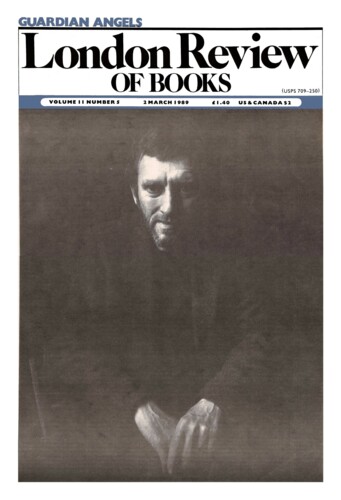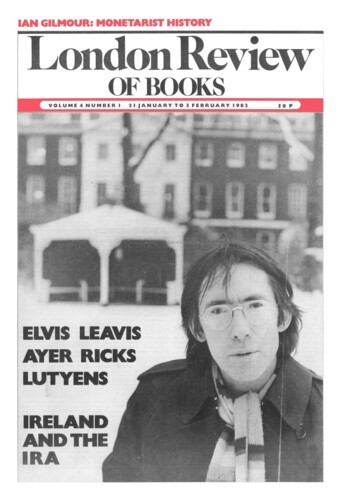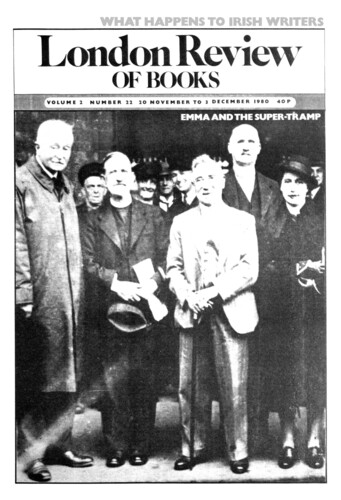What mattered to Erasmus
James McConica, 2 March 1989
Erasmus’s edition of the New Testament, which made the Greek text available in print for the first time, is remembered as his most important achievement. This is partly because his profound influence in another sphere, that of education and Christian piety, became virtually invisible by its general absorption into the mainstream of European thought: the presence of his Adagia throughout the works of Shakespeare is an example. Nevertheless, the symbolic importance of the Novum lnstrumentum in defining the impact of Christian Humanism on the intellectual culture of the day is matched by that of no other single work, including his own Praise of Folly. The fact that the editio princeps of 1516 became notorious for its errors, that its very status as an ‘edition’ was unclear even to his contemporaries, and that its own absorption into the textus receptus of Biblical scholarship contributed to a legacy of critical problems that were not unravelled until the advent of ‘higher criticism’ in the 19th century – all of these serious qualifications notwithstanding, where the name of Erasmus is remembered, it is remembered first for the printing of the New Testament in Greek.’



